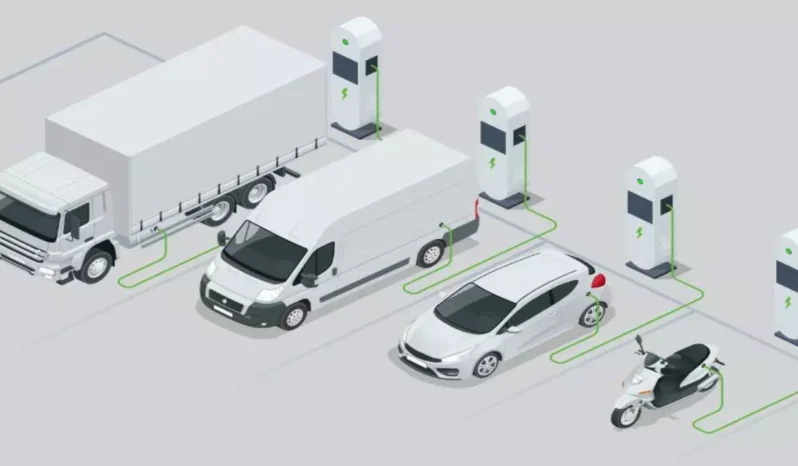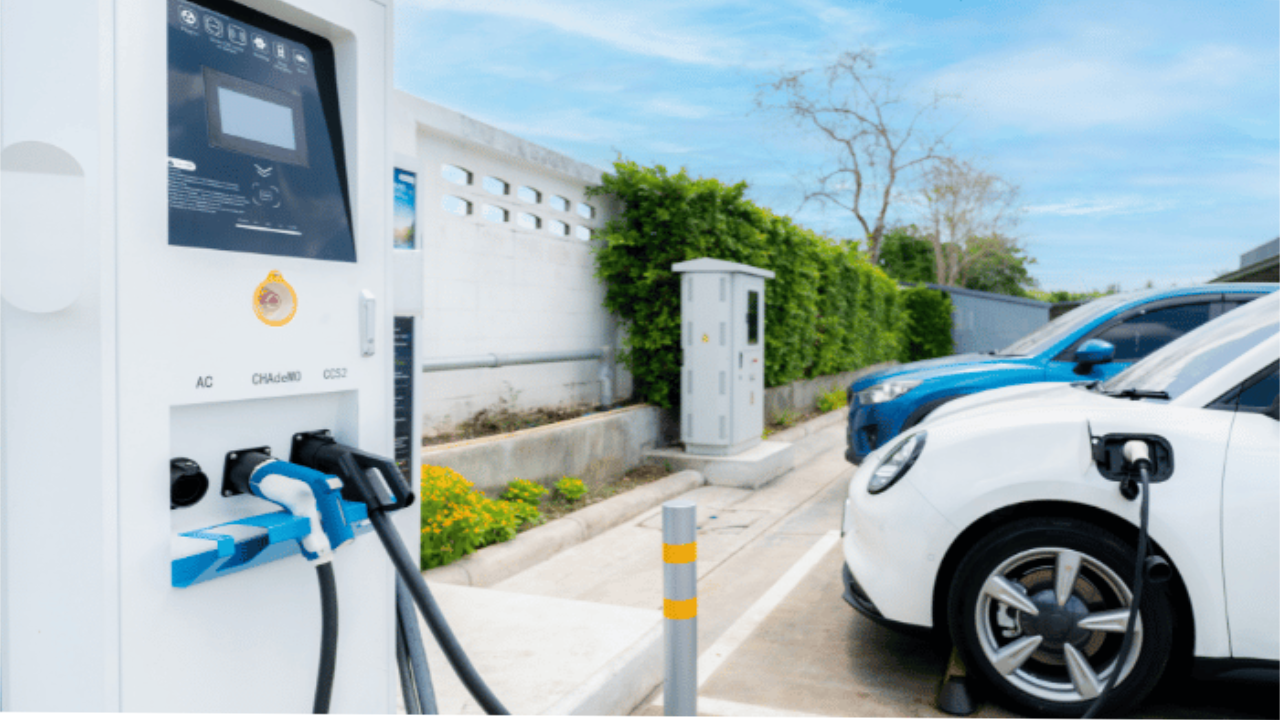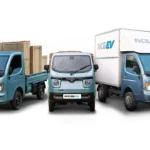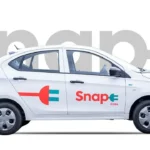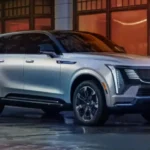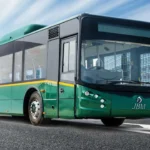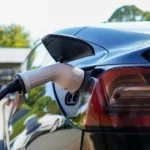With the “EV as a Service” program, a new chapter unfolds in its campaign for carbon reduction and propelling India’s sustainable transport agenda by Convergence Energy Services Limited. Recently, the Indian government announced its ambitious project of achieving a net-zero emission by 2070. The latest CESL initiative, “EV as a Service”, plans to deploy 5,000 EVs across the next two years through government fleets-a move that will fundamentally transform public sector transportation.
Speaking at the launch, Union Minister Shri Manohar Lal said, “The ‘EV as a Service’ program showcases CESL’s commitment to clean, sustainable mobility solutions, bringing India closer to a net-zero future.”
At such a time, this move announces the Indian government’s shift from traditional ICE based fleets to EVs, undoubtedly are in the governmental sector. “EV as a Service” under the guidance of top government officers, industry heads, and environmentalists stands out to be an affirmation by the Indian government to the commitment towards eco-friendly public mobility.
Challenges and Ways of Success for EV As a Service
The “EV as a Service” initiative is bold, but it poses several challenges that CESL and the government need to counter it before their massive scale acceptance:
- Building a National Charging Infrastructure: Charging stations will have to be expanded all over the country. The more that EVs are adopted, the more the issue of accessible charging points determines the smooth running of things across urban and rural platforms.
- Overcoming Cost Barriers: The front-end cost of EVs is very high and, therefore, inaccessible to most government agencies. While the long-term operating cost is relatively lower, this front-end investment will deter most agencies from taking up the technology.
- High Public Awareness and Employee Engagement: Informative programs for the government employees regarding the environmental and economic benefits of EVs play a critical role. Many campaigns will eliminate myths about the reliability of EVs that can popularize their adoption among government sectors and citizens.
“This initiative supports large-scale adoption of EVs in government fleets, cuts emissions, and boosts energy security,” said Shri Vishal Kapoor, CEO at CESL. “
A Game Changer for the Indian Transportation Sector
This initiative is no less than a model update on its way to becoming a future model for EV adoption in the private sector. CESL’s program demonstrates the multifaceted role of EVs. Norway, by popularizing electric vehicles in public transport-related services, where over 54% of new car sales were electric vehicles. Sums up well the way appropriate government-led initiatives can dramatically change both the perception of the public and sentiments.
ELCTRIK Speaks
CESL’s “EV as a Service” will nudge the transportation sector in India toward a greener direction. Supported by the felicitations of leadership from the likes of Shri Manohar Lal and Shri Vishal Kapoor, this initiative steps beyond the face of change in government fleets-it changes the face of the people and even private sectors. India is all set to overcome these challenges and keep the wheels rolling. With success, “EV as a Service” will rewrite the future for transportation within India, therefore creating an ecosystem of sustainability, energy efficiency, and a cleaner environment.

